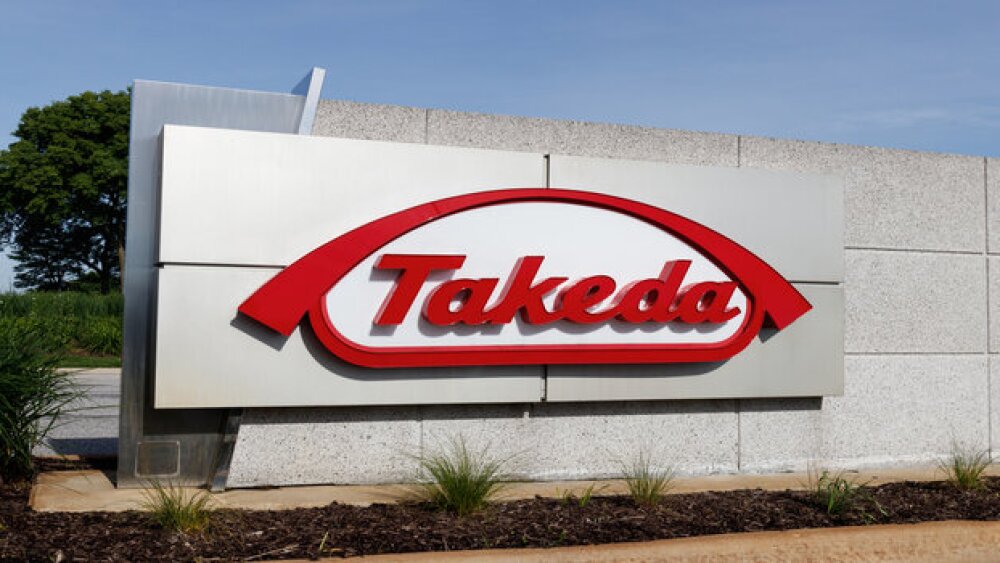September 7, 2016
By Mark Terry, BioSpace.com Breaking News Staff
Agios Pharmaceuticals , headquartered in Cambridge, Mass., filed with the U.S. Securities and Exchange Commission (SEC) today, indicating that its collaboration partner Celgene Corporation , will be reviewing a new drug application (NDA) later today.
The NDA filed with the U.S. Food and Drug Administration (FDA) will be for its inhibitor of mutant isocitrate dehydrogenase-s (IDH2) in relapsed and/or refractory acute myeloid leukemia (AML). The application will be based on data from an ongoing Phase I/II trial in patients with advanced hematologic malignancies with an IDH2 mutation. Celgene plans to file for early approval before the end of the year.
Agios is also preparing to file an NDA next year for AG-120, a related IDH1 mutation drug that Celgene returned to them recently.
In May, Agios and Celgene hammered out a deal focused on metabolic immune-oncology, a bounce off the currently hot field of immuno-oncology. In immuno-oncology, the immune system is programmed to attack cancer cells. In metabolic immune-oncology, the immune system’s metabolic rate is sped up to fight cancer.
As part of that deal, Celgene paid Agios $200 million in cash up front, with various milestones possible. The deal is planned to last four years, although Agios can extend it an additional two years. In total, the deal has the potential to surpass $1 billion.
At the same time, they rewrote a 2010 collaboration deal, which returned AG-120. In addition, the rights to two cancer metabolism programs that were discovered under the agreement, including one focused on MTAP (methylthioadenosine phosphorylase) deleted cancers, were moved forward under the new research collaboration.
Agios is evaluating AG-120 in several clinical trials. One is as a sole agent in the relapsed/refractory setting, while others are in combination with standard chemotherapy treatments as frontline approaches. It also is planning pivotal trials in acute myeloid leukemia, as well as in several solid tumors, such as cholangiocarcinoma and glioma.
Celgene is best known for its myeloma drugs, Revlimid, Pomalyst/Imnovid, and Thalomid. It has been developing immune-oncology partnerships with bluebird bio and Juno Therapeutics , where it has focused on CAR-T technology. Celgene is also working with AstraZeneca on developing a checkpoint inhibitor.
The Agios deal with Celgene was fairly complicated, with a lot of different components. It began with $200 million upfront, but Celgene has the option of picking up each program through Phase I dose escalation for a minimum of $30 million. For the metabolic immune-oncology programs, as part of a global co-development and co-commercialization agreement, they will split costs and Agios is eligible for up to $169 million in clinical and regulatory milestone payments for each program.
Celgene also has the option to pick a metabolic immune-oncology program where it will share costs and profits 65/35, for which Agios could receive up to $209 million in milestones. And for any inflammation or autoimmune programs that might come from the research, Celgene has an option for global licensing, development and commercialization. Agios might receive up to $385 million in various milestones, as well as double-digit tiered royalties on any net sales.





